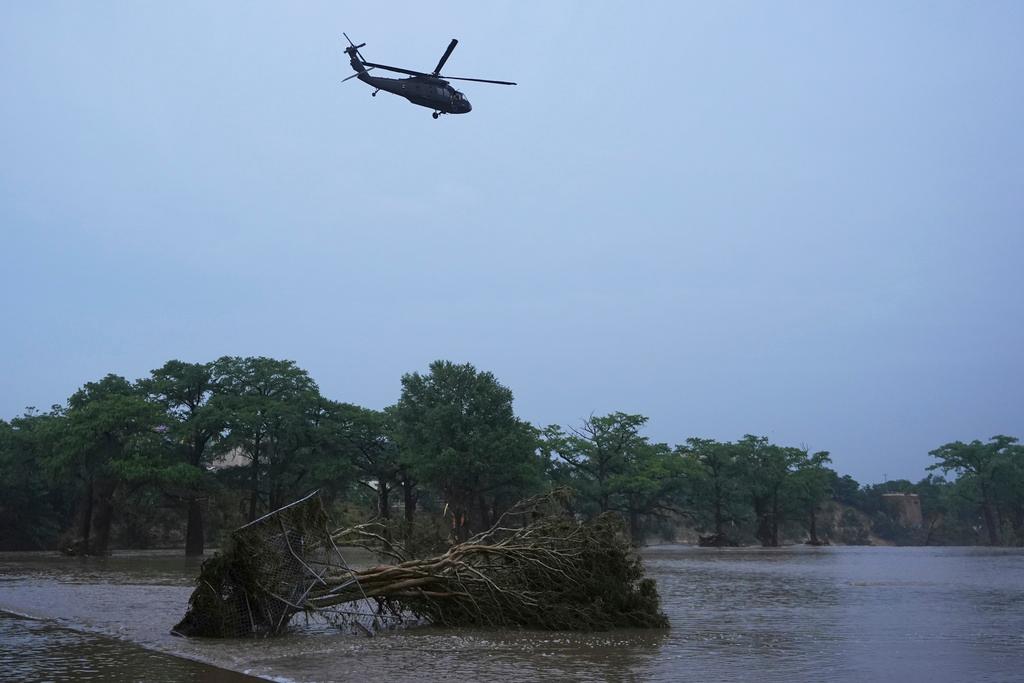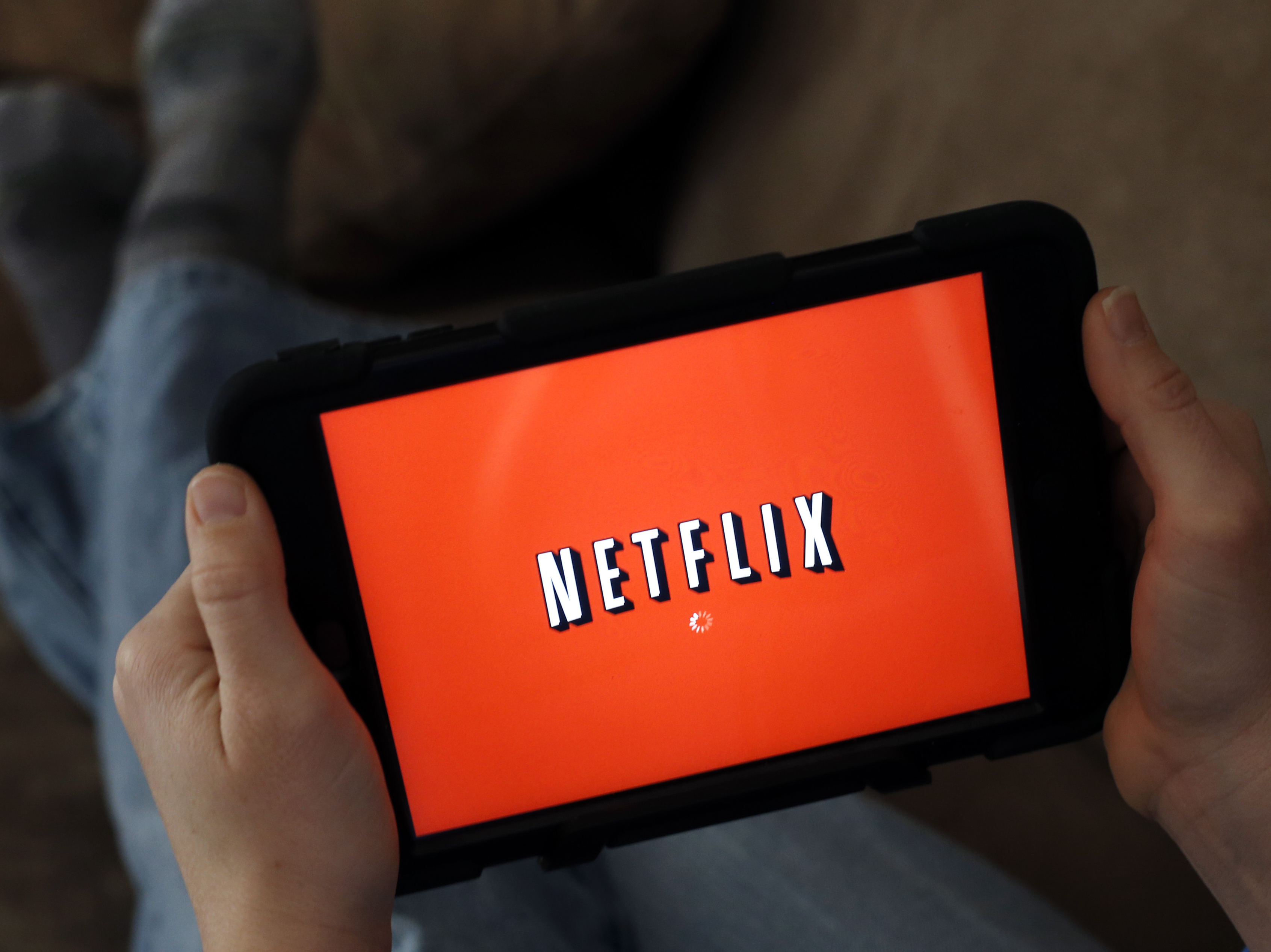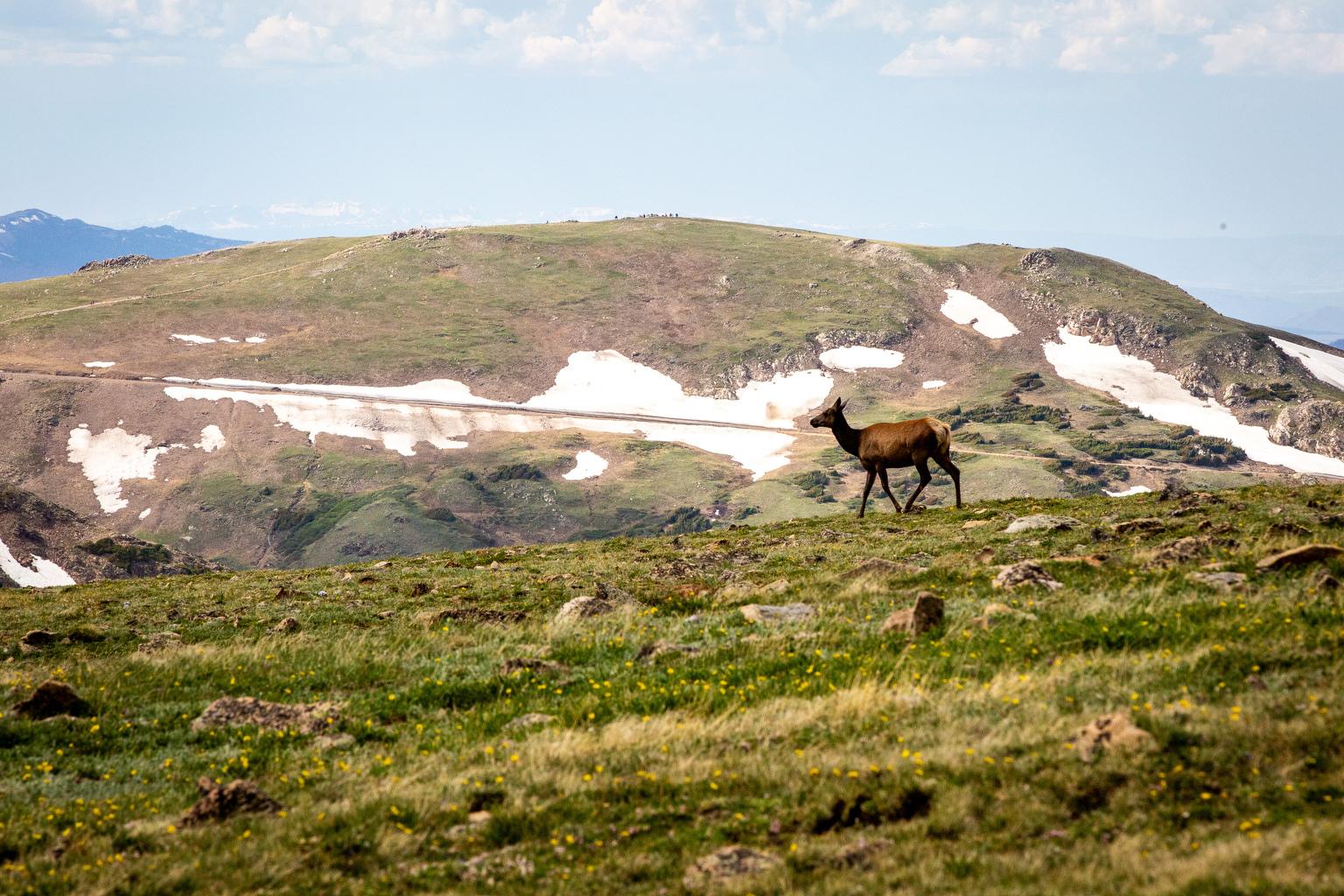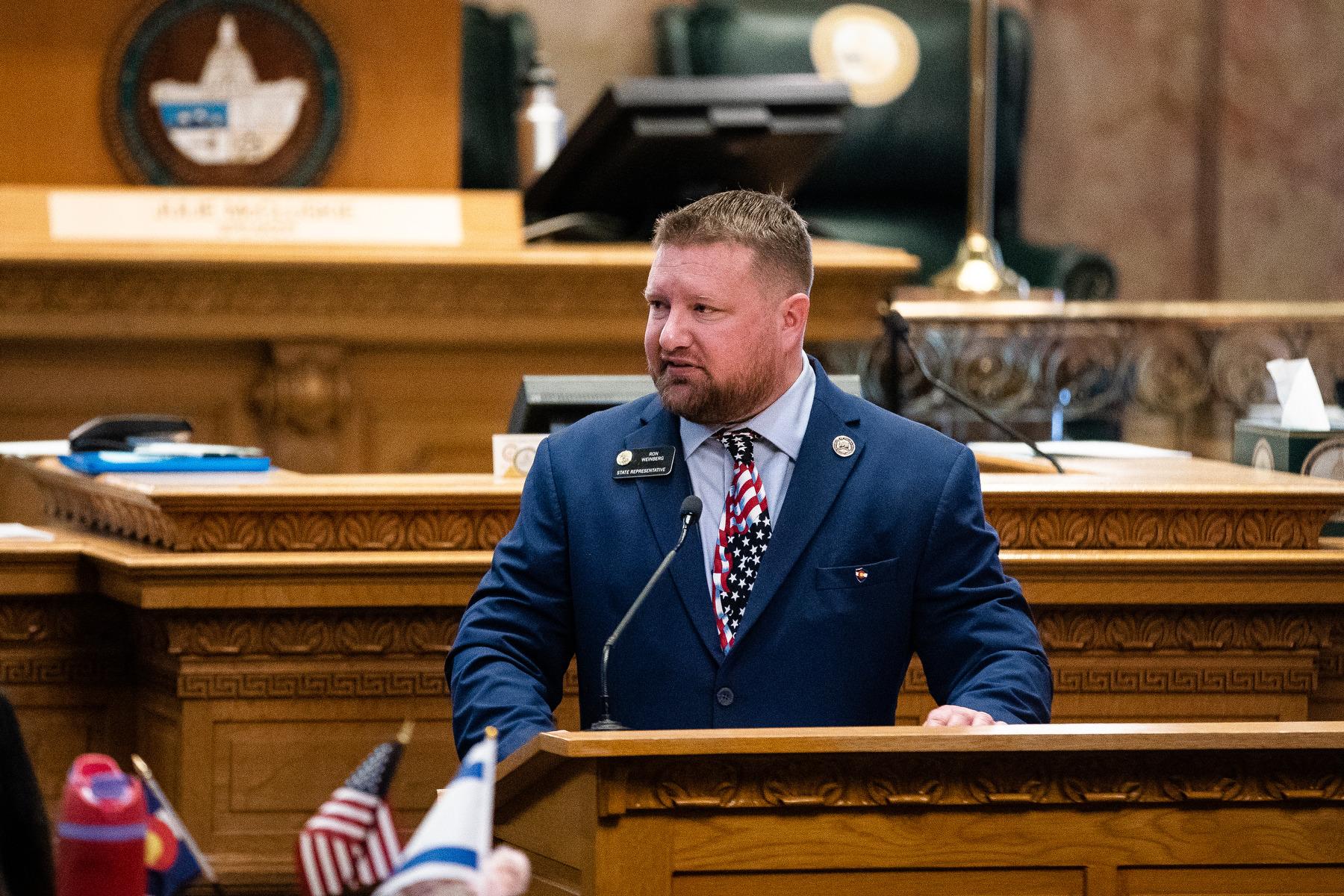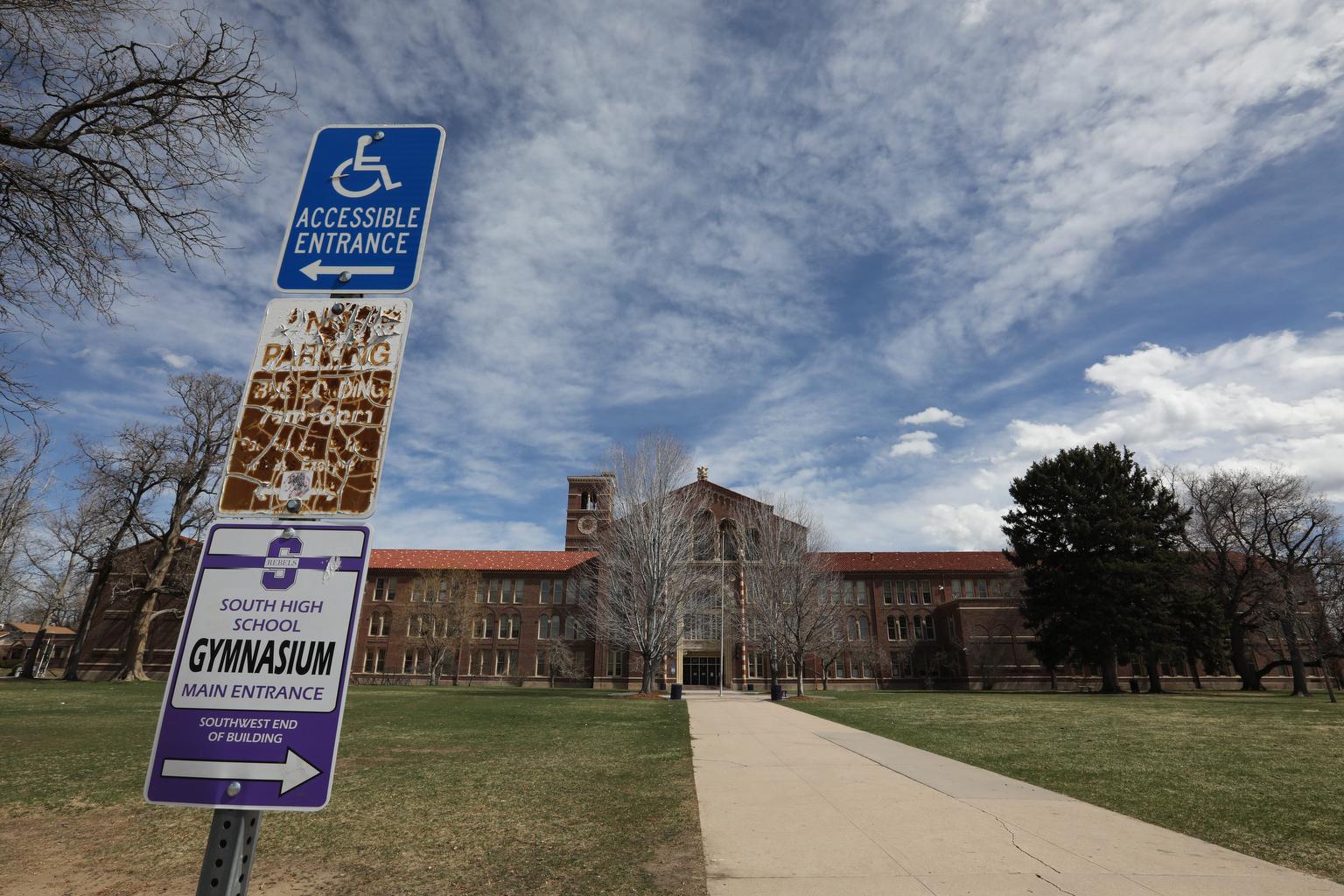
Gov. Jared Polis and state officials said Wednesday they expect schools will reopen in the fall with social distancing and other guidelines in place.
The governor said he wanted school officials to have the summer to plan for returning to schools in the fall in a safer way.
“I am very optimistic that in-classroom instruction will begin in August, not exactly the same way,” Polis said in a press briefing Wednesday. “It could just mean slightly different desk configurations in classrooms, different passing times for different students, things like that.”
Under the Safer At Home plan announced Monday, the suspension of in-person learning at Colorado schools will continue for the remainder of the school year.
But because no one knows how the pandemic will play out in the coming months, the governor told school superintendents in a Tuesday call that schools should plan for two scenarios — opening in the fall with new health protocols in place, and continuing with remote learning in the fall.
The Colorado Department of Education is working on guidance for summer school and other “catch-up” programs as well as considerations for reopening in the fall.
Some schools in rural regions, and possibly even a few in the Metro area, may be able to bring small groups of students together this summer for instruction or tutoring.
“As long as you’re adhering to social distancing, thoughtful hygiene and your local health agency,” said Katie Anthes, Colorado’s commissioner of education. “That is resource-intensive and that is something we’ve heard districts are worried about.”
One superintendent asked in the call if schools in communities with low infection rates could resume instruction now with social distancing. In a CDE letter to superintendents following the call, “the governor said that normal in-person learning is suspended for the rest of the school year, but it is possible to support special education students and other students in a one-on-one setting.”
Bret Miles is the incoming executive director of the Colorado Association of School Executives and the current executive director of the Northeast Colorado BOCES. He appreciates that the governor wanted to know what superintendents needed during remote learning and if closures are extended.
“The tone was ‘Let’s be prepared for the possibility, we’re not telling you how it's going to be,’” Miles said. “It was ‘We don’t know, so start doing your best planning.’”
Much of Tuesday’s call with superintendents concerned graduation ceremonies.
School districts are being flooded with questions from parents.
“We know graduating is such an important milestone,” Anthes said. “We know this is emotional and painful for not only the students, but the families and the grandparents. Everybody who wants to see this milestone.”
End-of-year graduation ceremonies as we know them won’t be taking place. But there is some flexibility.
“The governor understands how important graduation ceremonies are for students, families, and communities,” a spokesperson for the governor said. “While traditional graduation ceremonies are unlikely to take place this year, school districts may consider other options, such as remote ceremonies, working with local public health agencies to follow strict social distancing protocols, or delaying graduation ceremony dates.”
So, districts are getting creative.
- Douglas County Got On The Remote Learning Train Early. This Is How Teachers Made It Work
- With Crowds Absent, But Traditions Intact, Air Force Cadets Graduate To Face An ‘Invisible Enemy’
- Coronavirus Cares Not For Tradition, So Class Of 2020 Must Say Goodbye With No Goodbyes, Proms Or Graduations
- Some Undocumented Families Don’t Feel Safe Applying For Free Internet, Making Remote Learning Even More Difficult
- Teachers Face An Uncertain Future And Uneven Responses Between Districts. They’re Asking Gov. Polis To Help
Englewood Schools in Metro Denver is one of many that will celebrate with parades. One rural district will hold a modified graduation on the football field with families watching in cars and the local TV and radio stations broadcasting. To celebrate graduation, the Town of Hayden in northwest Colorado will post a banner of each graduating senior on light posts on Main Street.
Jeffco Public Schools, the state’s second-largest district and one that has access to two local stadiums, has planned graduations for the first two weeks of August — with social distancing.
“We wanted to have it early enough that they weren't heading off to colleges or work or life experiences, but late enough that we gave this virus as much time as we could to reach a lower level, that the school district contributes to flattening that curve by not creating opportunities or vectors for this virus to spread,” superintendent Jason Glass said.
Glass says the district will monitor what best practices will be in place in August.
Commissioner Anthes says celebrations depend on local conditions.
“Those are dependent on how many graduates you have, where would the location be, what region are you in? What does the local health data say about that region? And then thinking very carefully about guests,” he said.
Kids will return to school eventually, but the money for school budgets lost in the crisis may not.
Superintendents also asked the governor to consider changes to the school accountability system given lost learning during the COVID-19 school closures. It is unclear how many students have not been able to or are not engaging in remote learning. Teachers report remote learning does not allow them to adequately make sure each child understands and has mastered new material.
“The governor expects that with your remote learning strategies, students will begin next year at grade level,” the letter stated.
Weighing heavily on the minds of all superintendents is the state budget and the toll that reduced tax revenue will take on school funding. Superintendents asked Polis to prioritize education when the legislature resumes in May. Many districts are preparing for steep budget cuts, but cannot accurately plan until lawmakers receive updated revenue forecasts.
“He and legislators understand there should be no unfunded mandates on districts associated with new protocols that may be required for the COVID-19 response,” the letter states.
In other calls with rural superintendents, Miles is hearing superintendents say that while they’re troubleshooting remote learning every day, can’t help but reimagine “what this world looks like if we can be in-person.” And when kids do return to school, there may be different schedules, health protocols and classroom configurations to figure out, Miles said.
And, he added, superintendents are consistently relaying messages like this:
“We’re doing the best that we can, but we can’t fool ourselves, this is no replacement for what we really do on a day-to-day basis in schools.”

